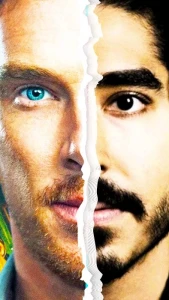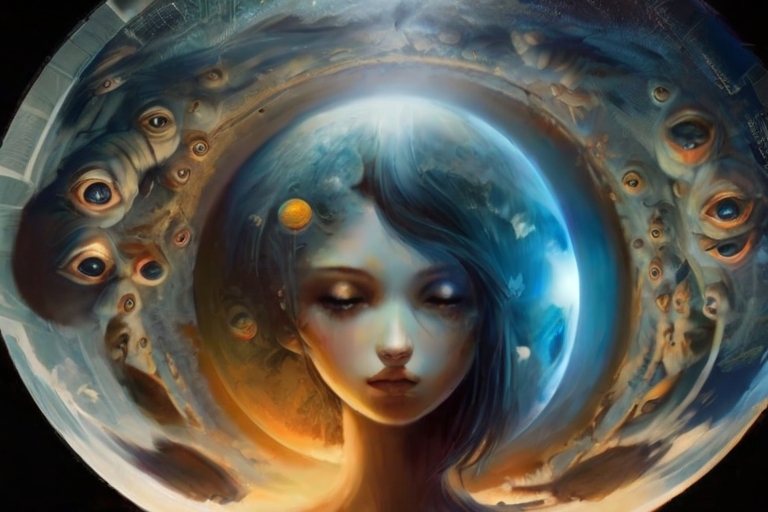The film, available on Netflix, unfolds the tale of Henry Sugar, a wealthy man, who carries a rather boring life utill, by chance he finds a doctor’s report chronicling an extraordinary patient encountered during his tenure at an Indian hospital. This patient, self-dubbed ‘The Man Who Sees Without Using His Eyes,’ possesses a remarkable ability to perceive even after medical procedures sealed and bandaged his eyes.Interestingly, the man wasn’t sick when admitted to the hospital. Instead, he sought the scientific and independent minds of the doctors to bear witness to his powers and conduct a scientifically controlled experiment. The results of the experiment leave no room for doubt—the man could indeed see without making use of his eyes in any capacity. When questioned about the origin of this extraordinary power, the man recounted how his early fascination with magic, cultivated in his teenage years, led him to study under a Yogi. The Yogi imparted wisdom on using the mind rather than the eyes for sight, culminating in the development of the man’s unique perceptual abilities.However the man worked in a circus and had to go back to it.

Recognizing the doctors, the potential for the man to serve as a valuable instructor for the blind, they went to meet him at his workplace, only to discover that The Man Who Sees Without Using His Eyes was forever beyond their reach and thus, as consecuence, the scientific study of such extraordinary faculties was never going to be carried out.
Presented in the fashion of a fantastical tale, one might usually dismiss the possibility of such occurrences as mere fiction, right?
I delved into it a bit, and the author is Roald Dahl, known for writting children’s stories, some as renowned as ‘Willy Wonka and the Chocolate Factory.’ Yet, none of his works exhibited an overt interest in the esoteric. So, yes, it should be just a tale, nothing more. And yet..
.If we turn our attention to the accounts of numerous Near-Death Experience (NDE) survivors who have documented their journeys, a curious idea emerges. Once the soul becomes untethered from the body that housed it during a person’s lifetime, the enduring consciousness possesses a vision that perceives everything around it simultaneously, with absolute clarity, regardless of the distance from the observed object or being. It’s noteworthy that the sensory powers of the soul were described in a similar manner as far back as the 12th century by Caesarius, a monk in the Cistercian Abbey of Heisterbach in the German Rhineland. He compiled stories of miracles he had heard of, including the account of a young nun.
This nun, having initially taken sacred vows to evade marriage, soon understood that she lacked the necessary vocation. In the process of such dismal realization , she not only lost faith but also succumbed to deep depression, leading to a deterioration in her health and eventual demise. From death, she returned with a renewed faith. “When asked by the abbot of the appearance of the soul, he said that it was a spiritual substance, that its form was spherical something like the globe of the moon, and that it was full of eyes”

Considering the soul possesses perceptual abilities far surpassing our sensory capacities, the potential to master the mind through meditation, as recounted in the story of Henry Sugar, becomes theoretically plausible. Mastery of the soul could lead to the extraordinary powers attained by the old Indian Yogi and his young apprentice.This narrative gains further coherence when, as I discussed in a previous post titled ‘Are miracles possible? ‘ , one acknowledges that evidence of another world’s existence must remain a private affair. While the general public may entertain beliefs in the possibility of miracles, the proof is not destined for widespread dissemination.
For those unfamiliar with my earlier posts, you might question why proof of the spirit’s existence and an afterlife cannot be shared openly. As elucidated in another post dedicated to a film, ‘Why are we in this world?‘ , the answer lies in our presence in this world for spiritual evolution. Knowledge of a realm characterized by pure love, free from suffering and life’s tribulations, would pose a temptation. Many might abandon earthly endeavors or, worse, succumb to the impulse of suicide.